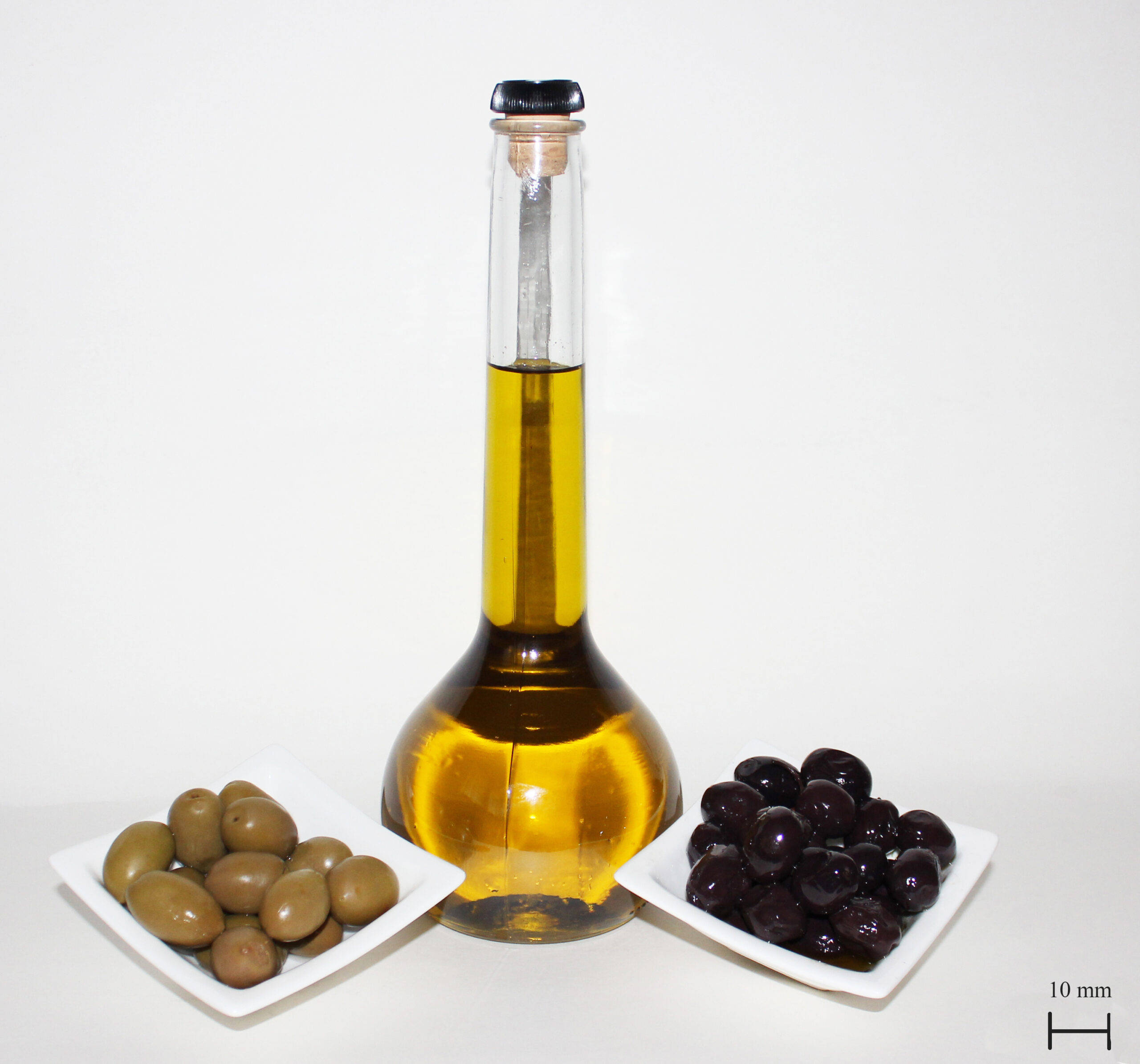Free Radicals: Risks of
What are free radicals and where do they come from?
Free radicals are highly reactive molecules that contain one or more unpaired electrons. Because of their unpaired electrons, free radicals seek to stabilize themselves by reacting with other molecules, leading to a chain reaction of damage to cells and DNA. This process is known as oxidative stress, and it can contribute to aging and various diseases.
Free radicals can be generated from both internal and external sources:
- Internal sources: Free radicals are produced as byproducts of normal metabolic processes in the body, such as cellular respiration and immune system responses.
- External sources: Environmental factors such as pollution, cigarette smoke, radiation, and certain medications can also generate free radicals. Additionally, factors like excessive alcohol consumption, unhealthy diet, and stress can contribute to the production of free radicals.
To counteract the harmful effects of free radicals, the body has a system of antioxidants that neutralize them. Antioxidants can be obtained from various foods, such as fruits, vegetables, nuts, and whole grains. Eating a diet rich in antioxidants and minimizing exposure to sources of free radicals can help maintain a healthy balance in the body.
What kind of diet reduces the number of free radicals in my body?
A diet rich in antioxidants can help reduce the number of free radicals in your body. Antioxidants neutralize free radicals, preventing them from causing damage to cells and DNA. Here are some dietary tips to reduce free radicals:
- Eat plenty of fruits and vegetables: They are rich in antioxidants like vitamins C and E, beta-carotene, and other phytochemicals. Berries, citrus fruits, kiwi, bell peppers, and dark leafy greens are particularly good choices.
- Include nuts and seeds: These are good sources of antioxidants, especially vitamin E and selenium. Almonds, sunflower seeds, and hazelnuts are great options.
- Choose whole grains: Whole grains like oats, brown rice, and whole wheat contain antioxidants and fiber, which can help reduce oxidative stress.
- Use healthy oils: Olive oil and other plant-based oils are rich in antioxidants and healthy fats, which can help reduce inflammation and oxidative stress.
- Eat fatty fish: Fatty fish like salmon, mackerel, and sardines are rich in omega-3 fatty acids, which have antioxidant and anti-inflammatory properties.
- Limit processed and fried foods: These foods can contain unhealthy fats and high levels of free radicals, which can contribute to oxidative stress.
- Avoid excessive alcohol and sugary drinks: Alcohol and sugary drinks can increase oxidative stress in the body.
- Stay hydrated: Drinking plenty of water helps flush out toxins and supports overall cellular health.
By following a diet rich in antioxidants and nutrients, you can help reduce the number of free radicals in your body and support overall health.




